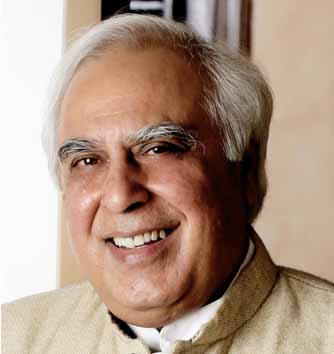Recent report released by the Asian Development Bank and the Comparative Education Research Centre of the University of Hong Kong turns the spotlight on an important aspect of education that is rarely addressed in public policy. The report " Shadow Education" delves into the domain of private tutoring in Asia and its implications for policy makers.
It aptly points out that shadow education is rampant across Asian cities including India, Pakistan, Bangladesh and even more 'developed' Japan and South Korea and "can no longer be ignored". " Policy makers have long recognized the importance of education for economic and social development in Asia. However, they have focused mostly on mainstream institutions, i.e. kindergartens, schools, and universities and neglected the role of private supplementary tutoring," it states.
India 's coaching class culture might come with its pluses and pitfalls. Private tutoring is often seen as an essential backbone for illiterate families which can't guide their children, as an aid for slow learners and a boon for students who receive below par education in schools. On the flip side, private tutoring as the report point out, could however, also come to "dominate the lives of young people and their families reducing the time for sports and other activities," a trend that is growing more evident in India.
But the biggest concern as highlighted in the report is that such shadow education aggravates social inequalities. It creates a hierarchy of sorts even within the parallel education system. Leading economist Amartya Sen fears tutoring "makes teachers less responsible and diminishes their central role in education; it makes improvements in schooling arrangements more difficult since the more influential and better placed families have less at stake in the quality of what is done in the schools".
There are many important take home messages for policy makers. For starters there is need for more data and reporting from this sector. Sporadic surveys offer only a limited insight. A survey by Amartya Sen's trust, Pratichi trust showed that private tutoring among primary kids in West Bengal went up from 57% in 2001-02 to 64%, seven years later. Another research in four states of Andhra Pradesh, Kerala, Maharashtra and Uttar Pradesh in 2011 showed that more than half (58.8%) of tenth graders were receiving tuitions.
Estimates in other Asian countries stand higher with 90% of elementary students in the Republic of Korea receiving some form of shadow education and 85% of secondary students in China receiving such. "Shadow education should be brought much more actively into the policy-making arena, with stronger elements of research-based evidence," points out the report.
Regulation of the sector is another pertinent point raised as it remains a largely unsupervised area. It might perhaps be a good idea to ensure minimum qualifications or training for tuition teachers. A clampdown on random advertising is also wanting given the unsubstantiated claims being shamelessly propagated. There have been sporadic attempts at addressing regulation of private tutoring, but are poorly implemented. The RTE bans teachers in schools from giving private tuitions, but awaits implementation.
The report concludes on a rather pertinent note saying policy makers should ask why shadow education exists in the first place and look into measures to better mainstream education such that the dependence on private tutoring is reduced.













